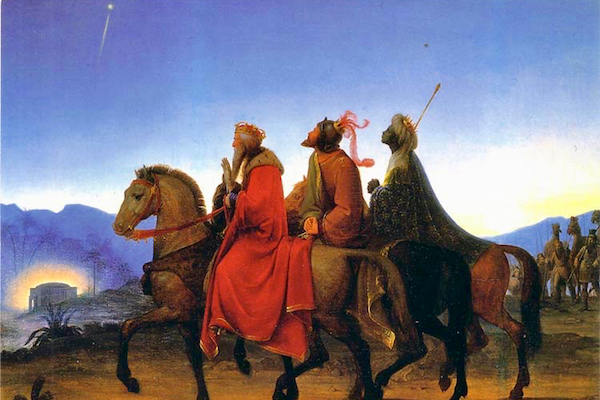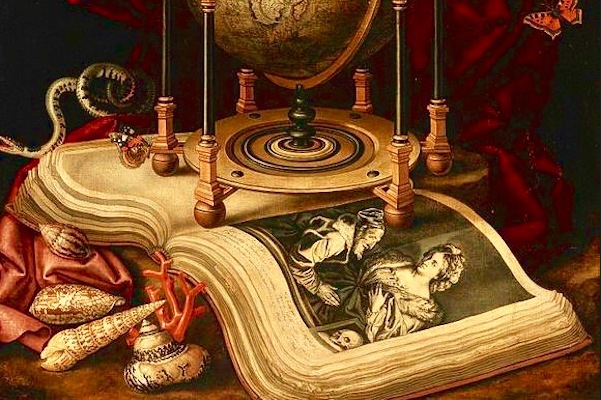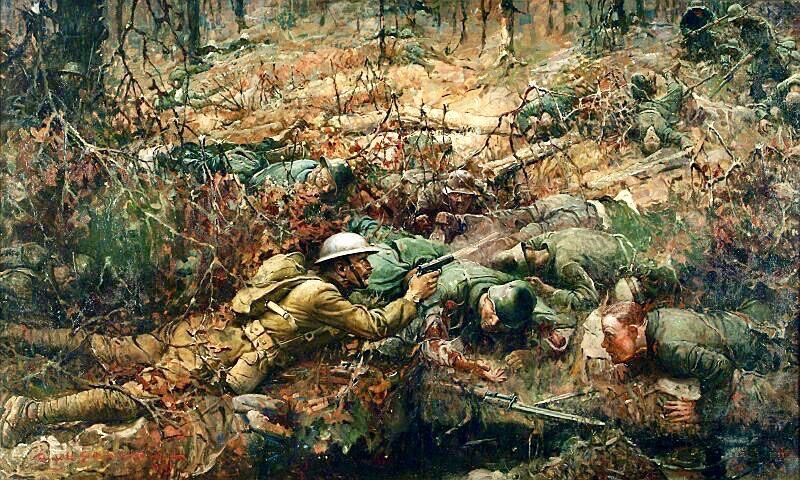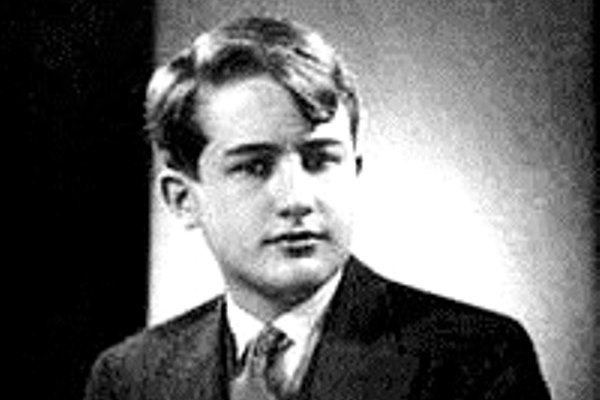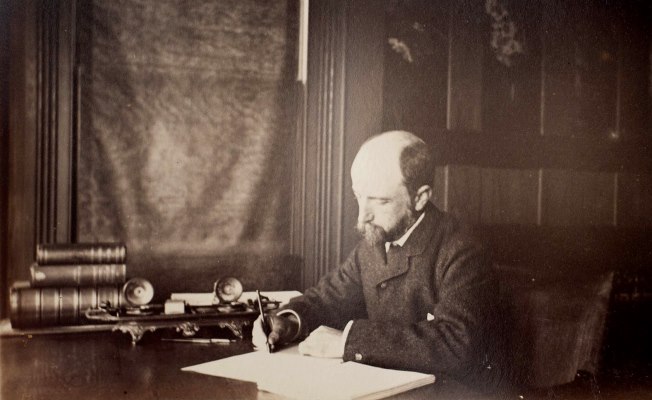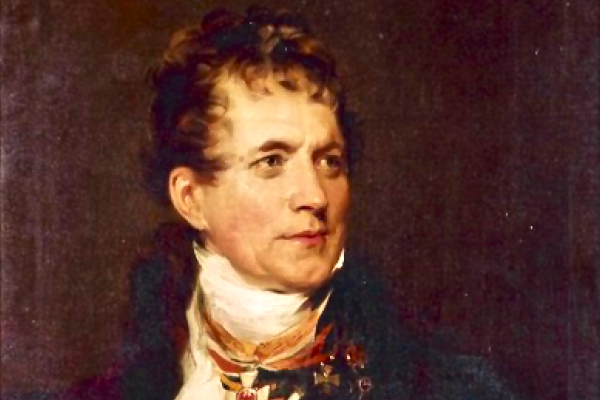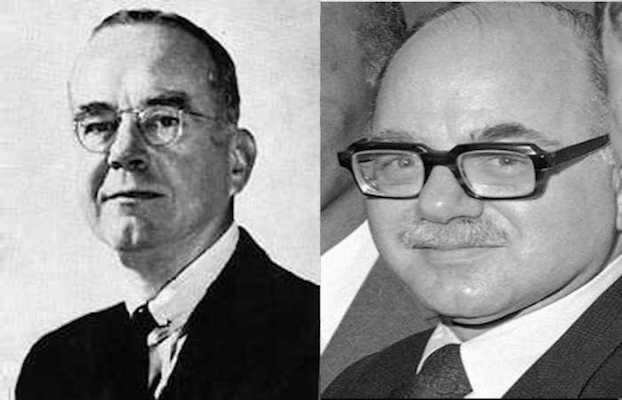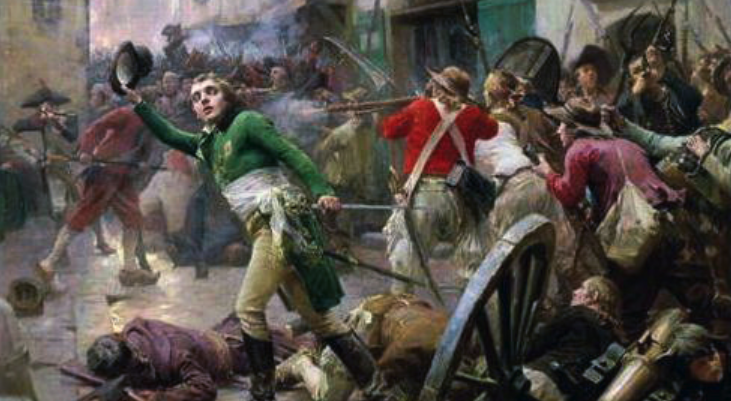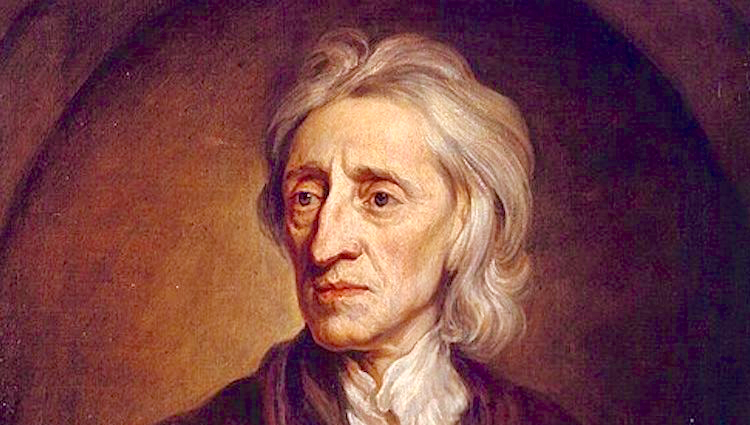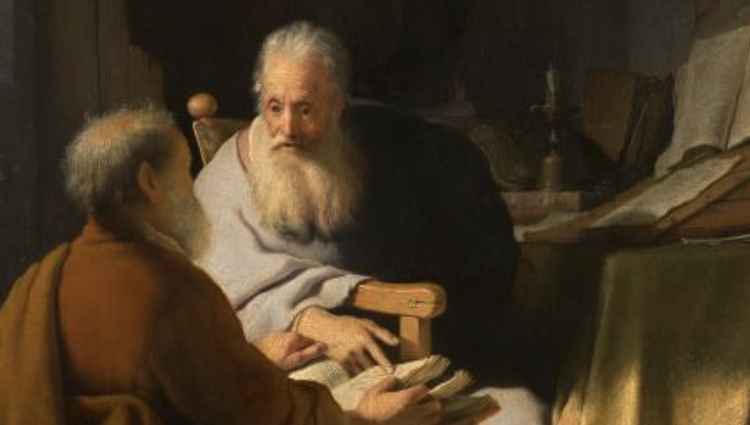Death at Yuletude: T.S. Eliot and “The Journey of the Magi”
T.S. Eliot’s “The Journey of the Magi” is as sincere a conversion poem as one can have it: No fancy light shining down from the heavens or a thunderous call to holiness; just one small event that left a Magus perplexed by a new worldview that was unsettling and strange, for it put into question [...]

